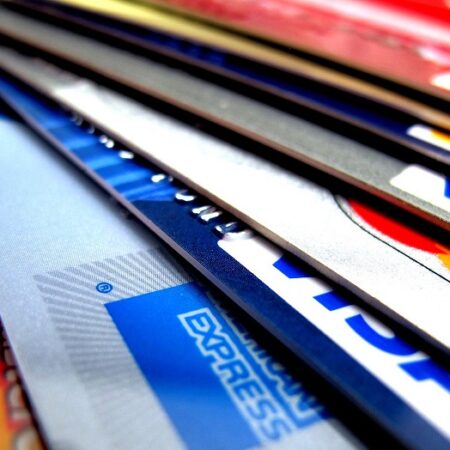
Americans from coast to coast have spent a summer dealing with an unusually intense round of devastating natural disasters – with millions of people concentrating on rebuilding their lives after the loss of their homes and widespread destruction in their communities.
And while keeping up with your bills might seem like a low priority after a flood, a hurricane or a wildfire necessitates evacuation and a long period of time away from work, financial experts suggest that timely communication with your creditors can help stave off long-term problems.
Especially as good credit will be instrumental in helping to rebuild your home, and your life, long after an emergency strikes.
Be Prepared
The best piece of advice for every family and individual is to centralize and even digitize the financial contacts you’ll need to have in case of an emergency. A flooded basement office or the destruction of financial records can make it practically impossible to remember, much less contact creditors such as your mortgage provider, your automobile loan holder, credit cards or even student loans.
Going digital with your payments and using online portals to contact and make payments on your most critical bills can be instrumental in keeping in touch, especially as mail service is disrupted – or if you’re forced to evacuate your home for long periods of time. Being prepared also means having access to emergency funds, and any ability you have to create a financial cushion to deal with a natural disaster, the better you’ll be able to cope.
Be Proactive
As the survivors of Hurricane Harvey discovered this year, most banks and credit cards are very much aware of the absolute and total disruption a natural disaster can have on a family’s economic life.
To that end, creditors from utilities to automobile loan servicers are often willing to suspend payments or extend the terms of loans to help provide some additional flexibility to individuals displaced or dealing with rebuilding and renovation. In some cases, employers have even offered to pay for rent or automobile costs, especially for first responders, medical professionals or technicians who are critical to restoring a community’s infrastructure.
The key is to get in contact with your creditors as soon as you can. Stay safe, of course, but when the danger has passed and you are able to do so, a quick call to your bank, mortgage provider or credit card company can help you access those services, especially temporary loan forgiveness. Early contact is also important as your life plans may seriously change after the loss of a house, and having the flexibility and extra resources of up-to-date credit cards can also be a lifesaver.
Make Arrangements, If You are Displaced
Chances are that your regular life won’t be so regular for a while after a disaster, so factor in the resources you do have, when you get in touch with creditors. If it looks like you may be unable to pay certain bills for an extended period of time, discuss that with credit card companies or your car loan company. In the case of smaller cards, you may be able to arrange a settlement to write off a portion of debt before it’s considered late or delinquent and turned over to a collection agency.
And if you have concerns or questions related to credit repair, we can help. You can carry on the conversation on our social media platforms. Like and follow us on Facebook and leave us a tweet on Twitter.






